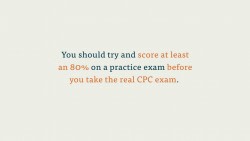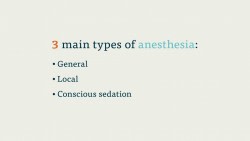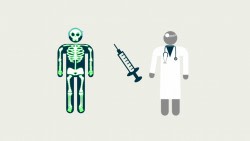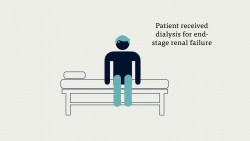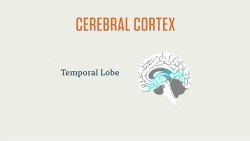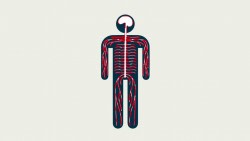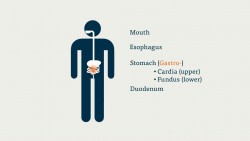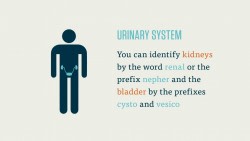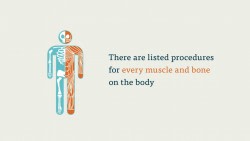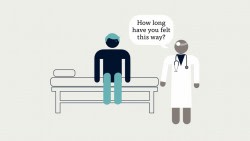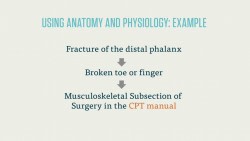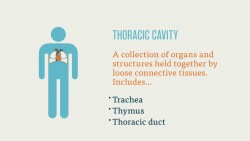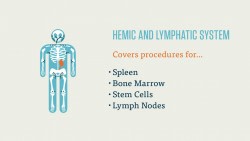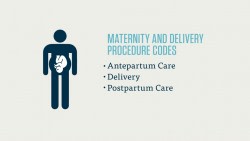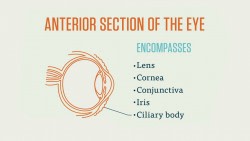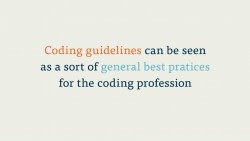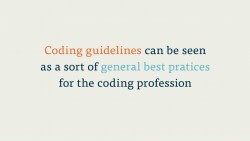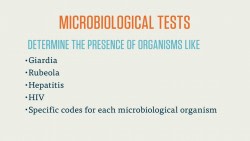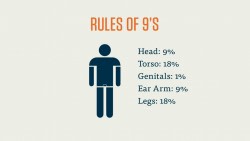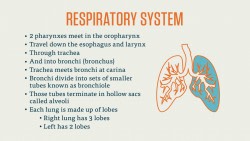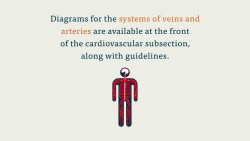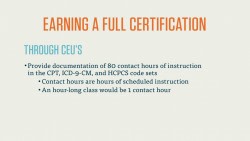On the CPC exam, you’ll be tested on general medical coding guidelines. This seems like a relatively straightforward topic, but it actually entails a number of different things.
Each code manual (ICD, CPT, and HCPCS) has its own set of guidelines, and each section of those individual manuals (especially CPT) has its own guidelines. These guidelines may change with the situation, severity, or location of the procedure.
As such, it’d be almost impossible to thoroughly review the general coding guidelines in a course as short as this. As you familiarize yourself with the coding manuals, code sets, and general practice of medical coding, you’ll automatically familiarize yourself with a number of coding guidelines.
In fact, you’ve already learned a number of these guidelines just by taking the prior courses. If you know how to use modifiers, for instance, than you’ve learned an important set of guidelines. Ditto for the notes that are included in many diagnosis and procedure codes.
Coding guidelines can be seen as a sort of general best practices for the coding profession. The best way to study for these is through study, and the best study tool is probably the AAPC study guide, available on the AAPC website. This book, which is available to members at $70 and non-members at $100 might seem a bit costly, but it’s an incredibly valuable resource for your studies. It will help you learn more about some of the overarching parts of coding, including coding guidelines, practice management, and medical terminology. We strongly recommend you consider purchasing this or a similar study guide before taking the CPC exam.

